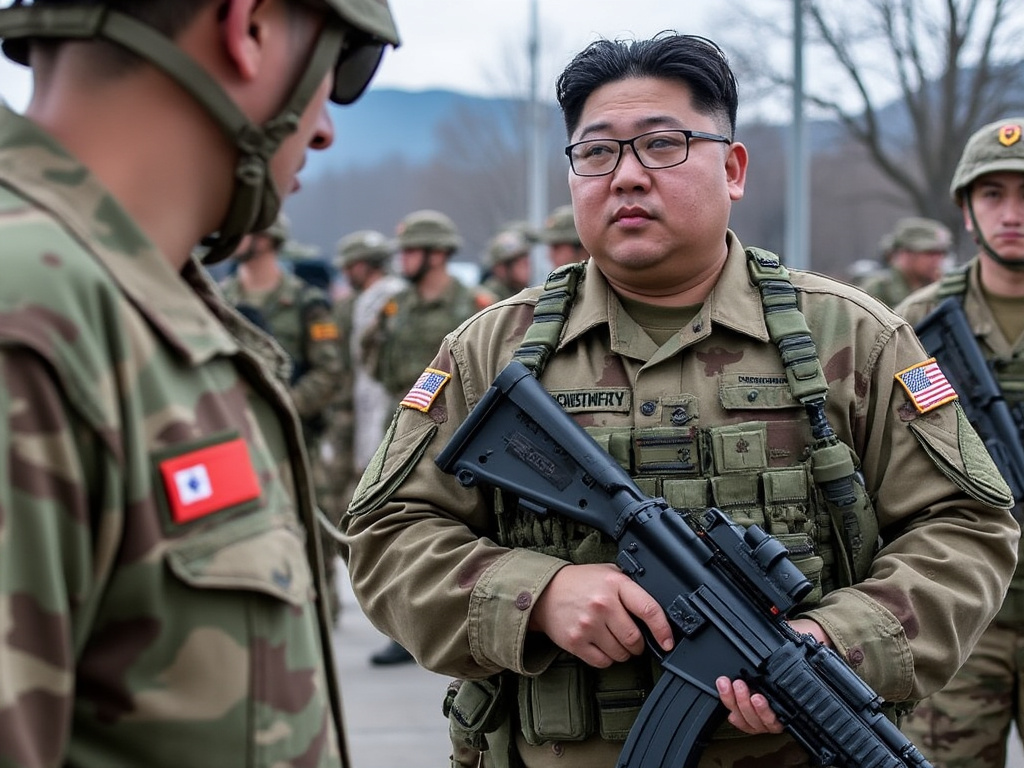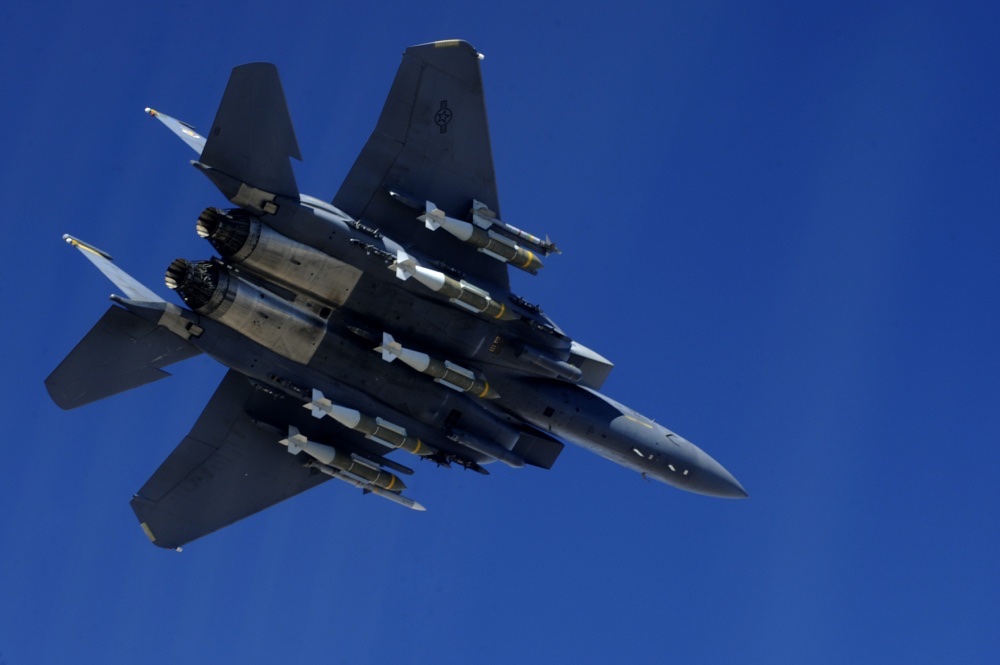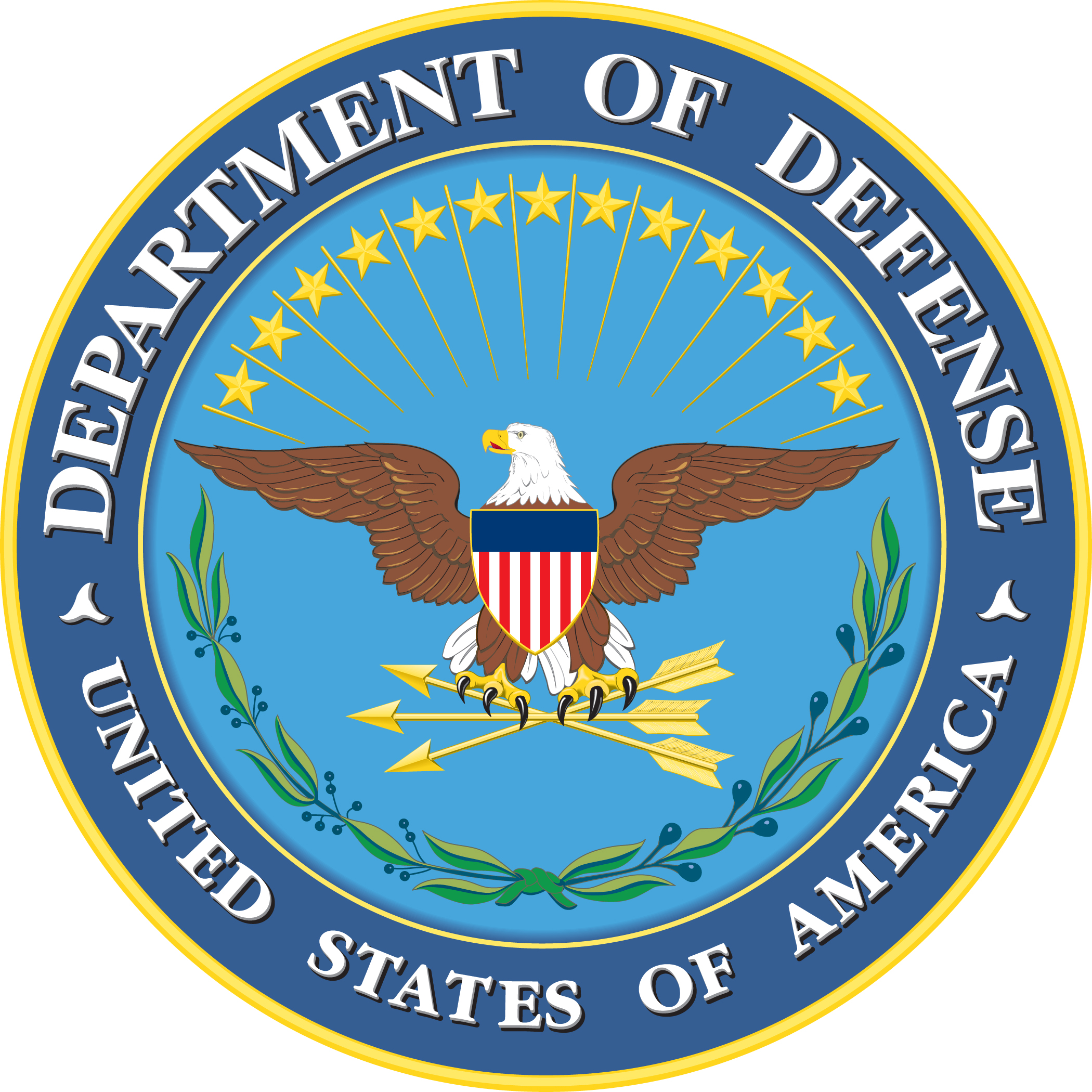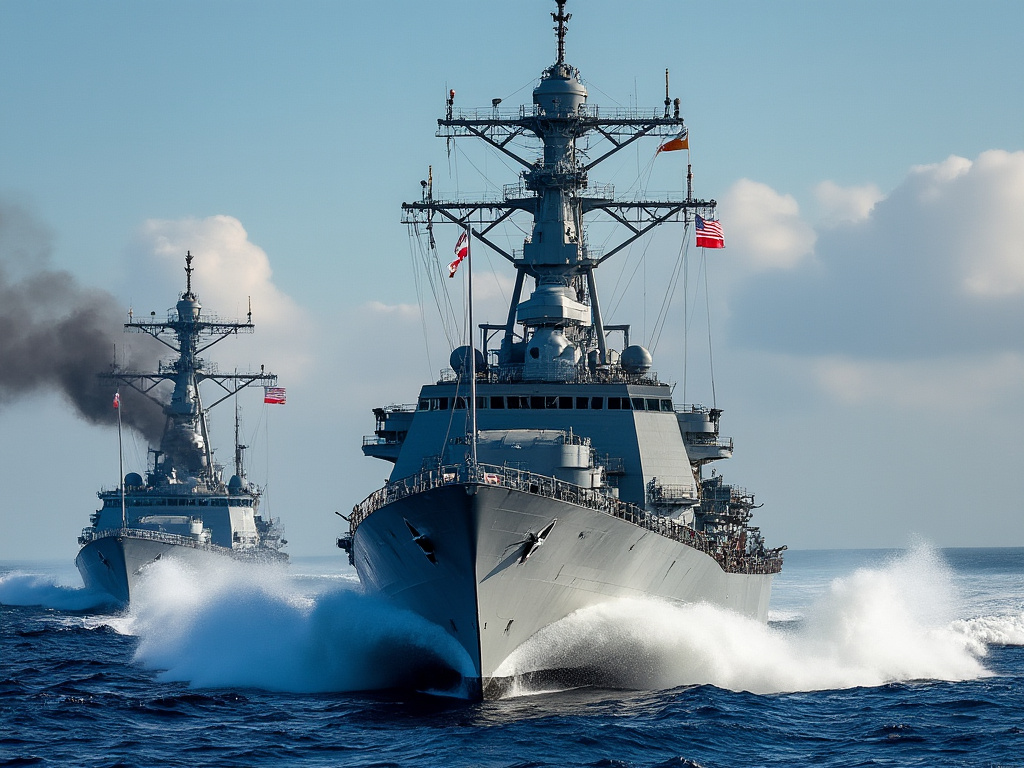Introduction
In a recent development that could significantly alter the dynamics of the ongoing conflict in Ukraine, the United States Department of Defense (DoD) has issued statements suggesting that North Korean troops are likely to join the fray. This escalation involves not only the addition of new combatants but also poses questions about international law, global alliances, and the strategic implications for all involved parties.
North Korea’s Involvement
According to statements from U.S. Defense Secretary Lloyd Austin, North Korean forces have been deployed to Russia where they have undergone training in various military tactics, including artillery operations and basic infantry maneuvers. There is an increasing likelihood that these troops will be used in frontline operations against Ukraine. This move has been seen as part of a broader strategic partnership between Russia and North Korea, where Pyongyang has been providing munitions and military equipment to Moscow in exchange for economic support and possibly advanced military technology.
Strategic Implications
The involvement of North Korean troops in the Ukraine conflict could have several strategic implications:
- Prolonged Conflict: Secretary Austin has noted that such a deployment could extend or broaden the conflict, suggesting a potential increase in hostilities or a shift in the military balance.
- International Law and Sanctions: The U.S. and its allies have already imposed numerous sanctions on North Korea. The deployment of North Korean troops could invite further international scrutiny and potentially new sanctions, aimed at both North Korea and Russia for this escalation.
- Allied Response: The U.S. has indicated that it will work with allies to discourage the use of these troops in combat. However, the specifics of how this discouragement will be achieved remain undisclosed. The situation might push NATO and other allies to reconsider their strategies in supporting Ukraine.
- North Korea’s Motivation: For North Korea, joining the conflict could serve multiple purposes, from gaining military experience and potential technology transfers to securing economic aid from Russia, which might be crucial for its isolated economy.
Reactions and Concerns
The international community has expressed deep concern over this development. NATO has acknowledged the presence of North Korean forces near Ukrainian borders, marking the first formal recognition of this new dimension to the conflict. Ukrainian leadership, while not directly quoted in the latest DoD statements, has historically opposed any foreign intervention that supports Russian aggression.
Potential Outcomes
- Escalation and Increased Hostilities: The addition of North Korean troops might intensify the conflict, leading to higher casualties and possibly prompting a stronger response from Ukraine’s allies.
- Diplomatic Tensions: This move could further strain relations between the West and Russia, potentially leading to a reassessment of diplomatic strategies or even negotiations if the situation in Ukraine escalates significantly.
- North Korea’s Global Standing: By directly engaging in an international conflict, North Korea might be looking to assert itself on the world stage, possibly seeking leverage in future negotiations or confrontations with South Korea, the U.S., or even China.
Conclusion
The potential entry of North Korean troops into the Ukraine war, as highlighted by the U.S. Department of Defense, underscores a complex web of international relations, military strategy, and geopolitical maneuvering. While the full implications of this development are yet to unfold, it undeniably marks a significant chapter in the ongoing conflict, one that could have repercussions far beyond the borders of Ukraine.
This situation calls for vigilant monitoring by global powers, with a focus on diplomatic solutions that could prevent further escalation and address the underlying issues driving such military alignments.



